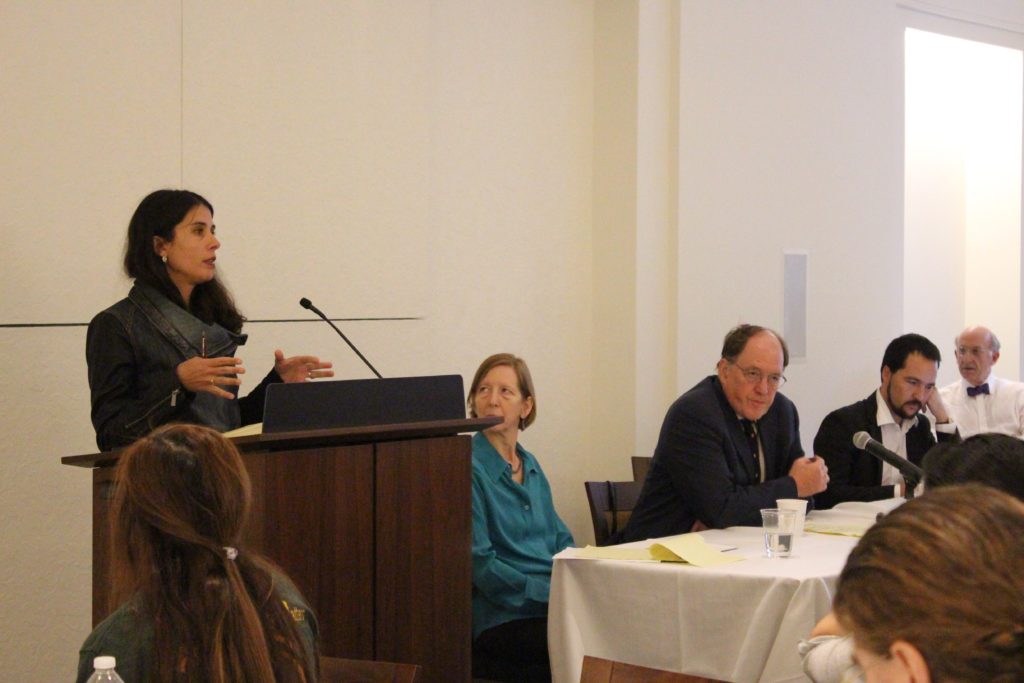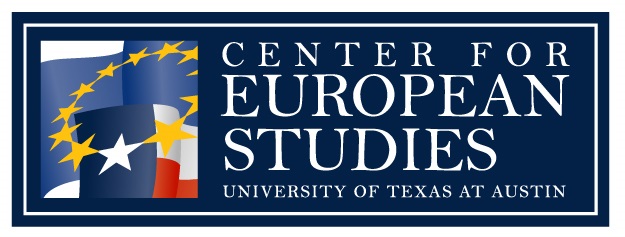
A New Greek Tragedy?: Inequality, Human Rights and Democracy
- James K. Galbraith Lloyd M. Bentsen Jr. Chair in Government/Business Relations & Professor of Government
- Alvaro Santos Professor, Georgetown University Law Center
- Philomila Tsoukala Professor, Georgetown University Law Center
The Rapoport Center’s Colloquium on Inequality & Human Rights was kicked off on Monday, September 28th with “A New Greek Tragedy: Democracy, Inequality and Human Rights,” featuring James Galbraith (LBJ School, UT Austin), Alvaro Santos (Georgetown), and Philomila Tsoukala (Georgetown).
James Galbraith began by discussing the history of the Greek debt crisis, examining the implications of the decisions made in 2010 when the Greek state went bankrupt and Greek debt was transferred from the private sector creditors to the public sector. He described how the austerity program imposed by the “troika” – the European Central Bank, the European Commission and the International Monetary Fund – required radical economic changes including cuts in public expenditure, cuts in pensions, and targeted privatizations. Although these policies were promoted as helping address the crisis their results were devastating with unemployment rates increasing to 25%, stress on the public health system and other impacts. He then discussed the negotiation between the Greek government and the troika in 2015 following the election of the left-wing Syriza government, the resounding “oxi” vote in the July referendum, the subsequent governmental “capitulation” and the recent elections. He concluded by describing the relationship of Europe to Greece as “colonial”, where Greece was an “unprotected protectorate”. What happens next, Galbraith concluded, will depend on the Greek people and how the struggle against crippling austerity is now expressed.
Philomila Tsoukala complemented this account by telling an important and often overlooked “micro”-economic story, stressing the need to understand the role of the family or household in the Greek economy. She emphasized that austerity policy prescriptions had reinforced the family as the main source of production and welfare rather than restructuring the state so it took on these welfare provisions. Central to her message was the need for “macro” economic policies to examines these “micro” dynamics or else policies would fail to address the reality of the situation.
Alvaro Santos closed the talk by situating austerity measures imposed on Greek within a broader history structural adjustments policies imposed by international financial institutions. He recalled how in an influential 2006 book he had suggested that there might be an emerging “third moment” in law and development thinking, and a move away from neoliberal policy prescriptions or at least a form of “chastened neoliberalism”. He reflected that given the recent events in Greece it may be too optimistic to think that a new economic model has arisen. In conclusion, he addressed the relationship between human rights and economic inequality and warned that while human rights could be a great way to articulate a critique of the economic program, we need to be aware of how human rights can be multipolar and we cannot expect that an human rights approaches will always lead to social justice outcomes.
The Rapoport Center’s next talk in the series will be October 12th, featuring Samuel Moyn (Harvard Law School), who will speak on “Croesus’ World: Human Rights in the Age of Inequality?”


